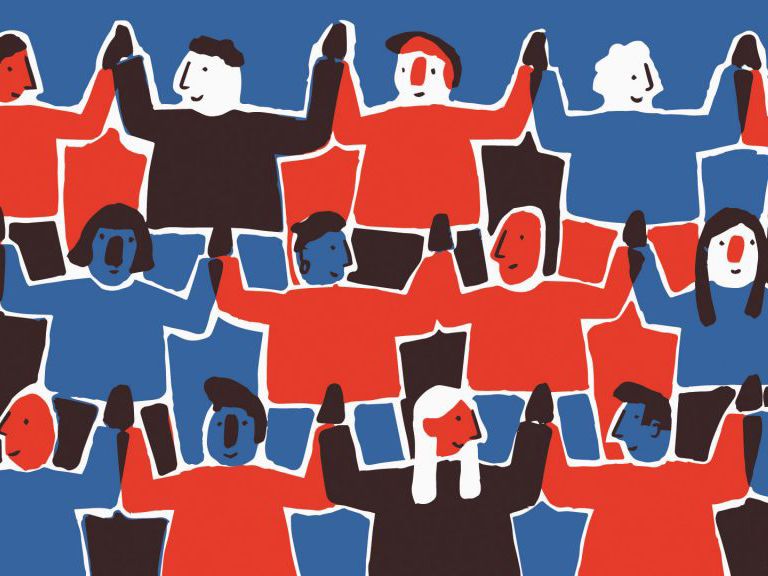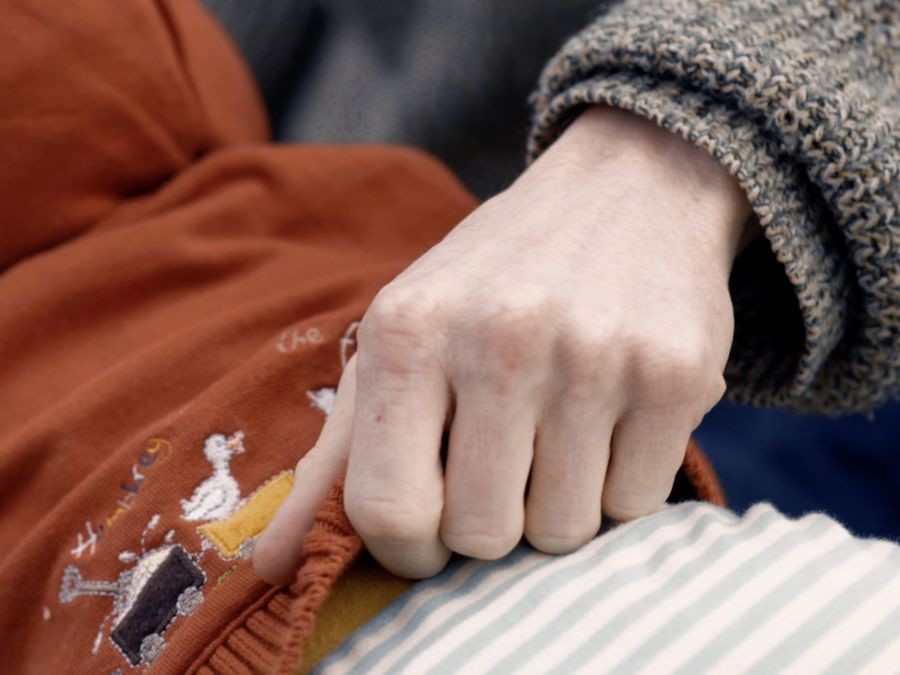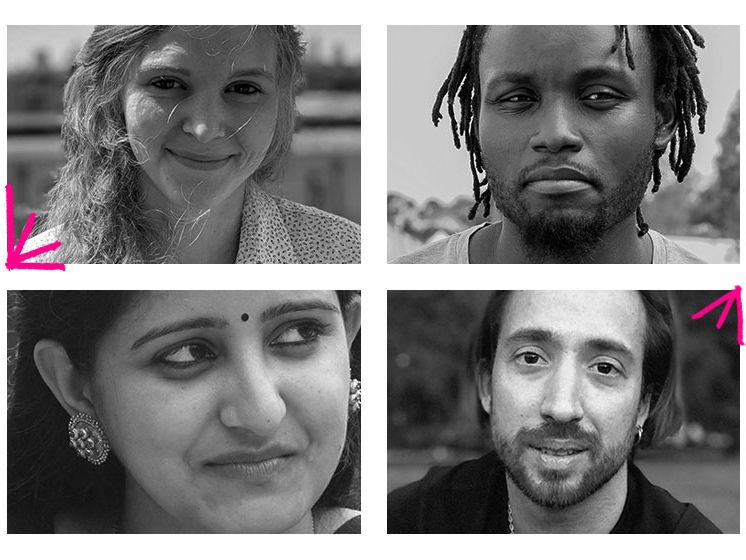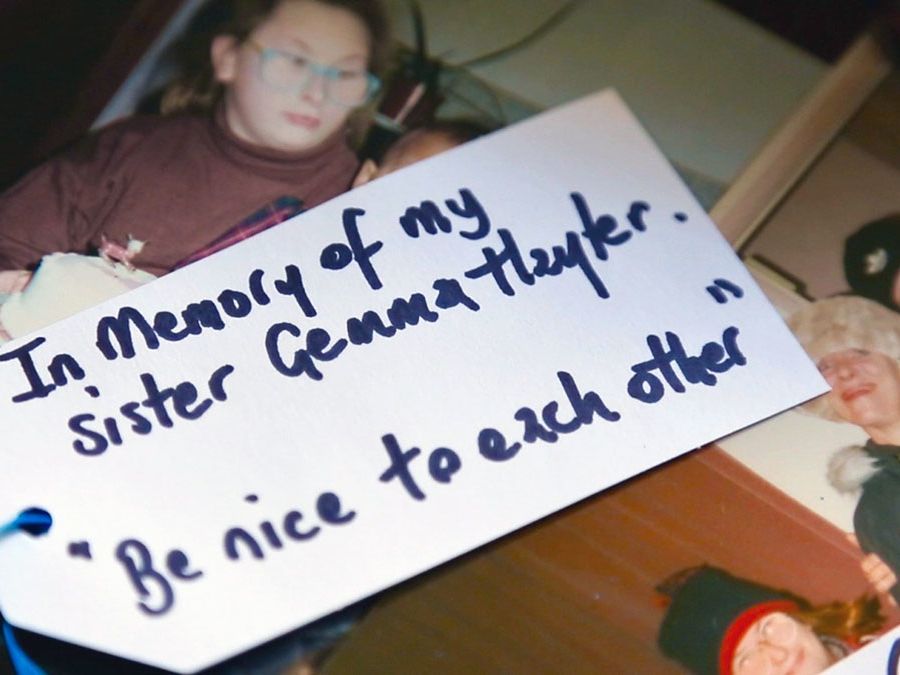
MA Documentary Film students develop industry insight with acclaimed director, Asif Kapadia
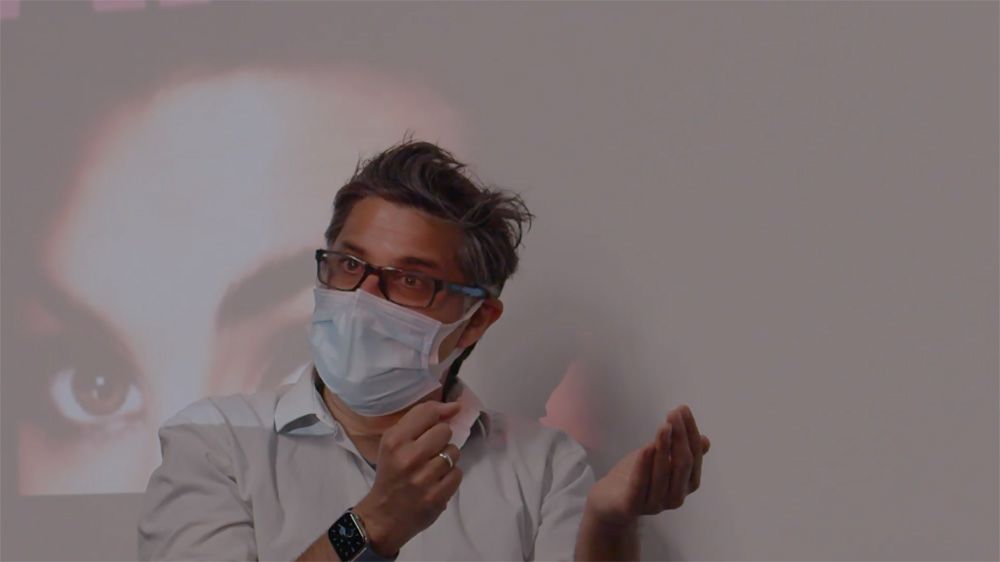
- Written byChloe Murphy
- Published date 10 September 2021

As a genre, documentary has the power to investigate and inspire: revealing the human experience, calling the powerful to account, and helping to drive lasting change.
This ethos underpins MA Documentary Film at London College of Communication (LCC) - a course which supports emerging creatives to develop their practice while situating their work in wider historical and theoretical contexts.
One of the key ways in which our students are encouraged to grow their skills and perspectives is by connecting them with vital insight offered by established professionals. This enables them to learn more about the landscape of their discipline while accessing helpful advice from leading figures in contemporary film.
"It’s art, it’s creative, it’s journalistic - you’re investigative, you’re a detective"
In summer 2021, LCC was delighted to welcome award-winning director Asif Kapadia for an in-conversation event which explored his illustrious career and offered students the opportunity to learn more about life in the industry. Coordinated by filmmaker and photographer Zadoc Nava, Associate Lecturer at LCC, the session focused on the creative process behind Amy, Kapadia’s critically acclaimed 2015 film on the life of British singer-songwriter, Amy Winehouse.
Kapadia explained that Amy marked a further step in his exploration of the documentary form following previous work on features such as Senna (2010), and was inspired by the storytelling and depth of feeling expressed throughout Winehouse's music.
As the film confronts a range of particularly sensitive, raw and emotional issues, he discussed how to work with empathy and responsibility, emphasising the importance of investing time to establish trust with documentary participants, and establishing safe spaces where they felt their voices could be heard.
He also offered tips around the production process, including how to best develop an effective narrative structure by unravelling a story around an initial core question; mapping out thematic high and low points to understand the rhythm of a film visually; and emphasising that, unlike scripted fiction, much of a documentary’s narrative will shape in the edit suite over a considerable stretch of time as interviewing, research and cutting run concurrently.

"When you're not studying, make something"
In addition to exploring the poignancy of the human experience, Amy also offered Kapadia the opportunity to make ‘a London film’ which echoed across the streets that he himself grew up in, and helped him to further develop the creative techniques intrinsic to his mark as a director. When asked how students could similarly begin to find their space within filmmaking, he emphasised the importance of tracing their own artistic taste.
“You’ve just got to find your way,” he explained.
“It isn’t about copying someone else. You’ve just got to try and look at as many films as you can, look at different filmmakers’ styles, and then find your own style. Find what’s unique to you, and make the work that you feel represents you.”
Kapadia also offered advice around using education as an opportunity to experiment, create and learn as much about the wider world of filmmaking as possible.
“The reason why you’re a student […] is that you’re there to experiment. Don’t be afraid of failing. It’s much more serious when you leave and you go into the big, bad world,” he said.
“If you’re going to make something, think about which filmmaker is an inspiration to you. Study their work, read some of their books, and if you can, try to talk to them if they’re around.
“It’s not always about trying to get to the point of making a feature. Just keep making stuff - constantly make stuff. Every summer, make a film. Every term, make something. When you’re not studying, make something. That’s what I say.”
Amy (2015 | Official Trailer
We chatted to students Sheida Kiran and Tom Garmeson about their passion for the documentary form, and how being able to access insights from a leading director has helped them to develop as filmmakers.
Tell us about your creative practice.
Sheida: I make documentaries which mainly focus on the topics of migration and gender across Asia. My current project involves taking an ethnographic approach to understanding the lives of tea-picking women in the Black Sea region of Turkey.
I want to explore the blind spot in agricultural feminism and women’s exclusion from land ownership. I’d hopefully like to continue exploring this theme through a similar approach around the world.
Tom: I'm fascinated by the power of documentaries to shift an audience's perspective, so in my own work, I'm always looking for ways to try and reframe the subject matter to make viewers see things in a different light.
Why did you decide to study MA Documentary Film at LCC?
Sheida: I was very impressed by the diverse and creative narratives produced by past students. I knew I wanted to be in an environment where every student had a different story and perspective to give, which I feel is exactly the case at LCC. All of my coursemates’ lives and backgrounds could be a documentary!
Tom: Having focused on short form content in the past, I wanted to make the jump to longer films that I could submit to festivals. I felt that the MA Documentary Film course would give me the support and tools to push myself out of my comfort zone and start making more ambitious films.
What were your key highlights from the in-conversation event with Asif Kapadia?
Sheida: One of the major lessons I learned was how you can build an intimate narrative based on archive materials, just as Asif achieved with Senna; or in Amy, where we set off on her journey as if she’s telling us the most emotional parts of her story while not physically being there.
Later in the Q&A, I discovered how Asif achieved this authenticity without having the chance to interview the main contributor: it was through the relationships he had built with Amy’s loved ones, and how he allowed them tell this story for her.
The absence of ‘talking head interviews’ made the film even more powerful and engaging for me, and taught me an approach I may decide to explore further in the future.
Tom: Asif told us about his own time as a film student, when he made several films which his tutors hated. He encouraged us to use our time at University to experiment and take risks with our own filmmaking, because we would arguably learn more by being bold and failing than by playing it safe.
How do you think that this insight will help you to improve your own approach as a documentary filmmaker?
Sheida: After hearing and seeing Asif’s approach to filmmaking, I feel more confident in how I could build relationships with my contributors based on trust and safety to reach the truth of a story.
I also think that it will push me to use more archival materials as a creative choice in building my narrative.
Tom: I think the session really reinforced the idea that I should be bold, ambitious and unafraid to fail in my filmmaking.
What's your advice for other students who may be interested in exploring the field of documentary film?
Sheida: I truly think that everyone has something to add to the documentary world.
Being a documentary maker scares me sometimes, as you’re expected to be able to cover a vast range of topics and engage with them all deeply. However, this also means there is room for people from every background, such as social sciences – like myself.
If you have the drive and passion to tell stories, then don’t worry about the rest as the incredible tutors at LCC will give you the practical skills you need to bring them to life!
Tom: Don't feel boxed in by the fact that you're limited to dealing with real people and events. In fact, you might find those restrictions make you even more creative.
Related links:
- Find out more about Amy (2015) and follow Asif Kapadia on Twitter.
- Find out more about MA Documentary Film at London College of Communication.
- Learn more about our Screen School.
